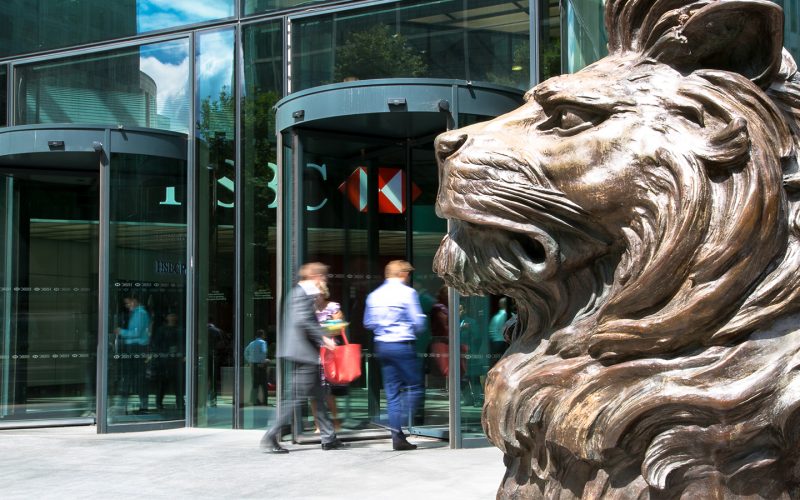HSBC has scrapped its commitment to achieving net-zero carbon emissions across its business by 2030, citing slow progress in the broader economy, the bank announced on Wednesday.
Europe’s largest bank now expects a 40% reduction in emissions from its operations, business travel, and supply chain by 2030, while setting a revised net-zero goal for the middle of the century. The lender also disclosed an internal review of emissions targets related to its loan portfolio.
In its annual report, HSBC highlighted its limited ability to influence companies on key factors such as technological advancements, market demand, and policy effectiveness, which impact the pace of decarbonisation.
The bank acknowledged that its original 2030 target had been based on offsetting supply chain emissions using carbon credits. However, recent guidance from the Science Based Targets Initiative, which assesses corporate climate goals, no longer supports such an approach.
The shift follows the departure of HSBC’s chief sustainability officer several months ago, after Chief Executive Georges Elhedery removed the role from the executive committee in a management reshuffle.
Environmental activists have voiced concerns that HSBC’s decision signals a retreat from its climate commitments, adding to fears that the wider banking industry is backtracking on emissions reduction pledges.
In a similar move, Morgan Stanley in October revised down its emissions reduction expectations for corporate lending, while several U.S. banks have exited a major climate coalition.





















